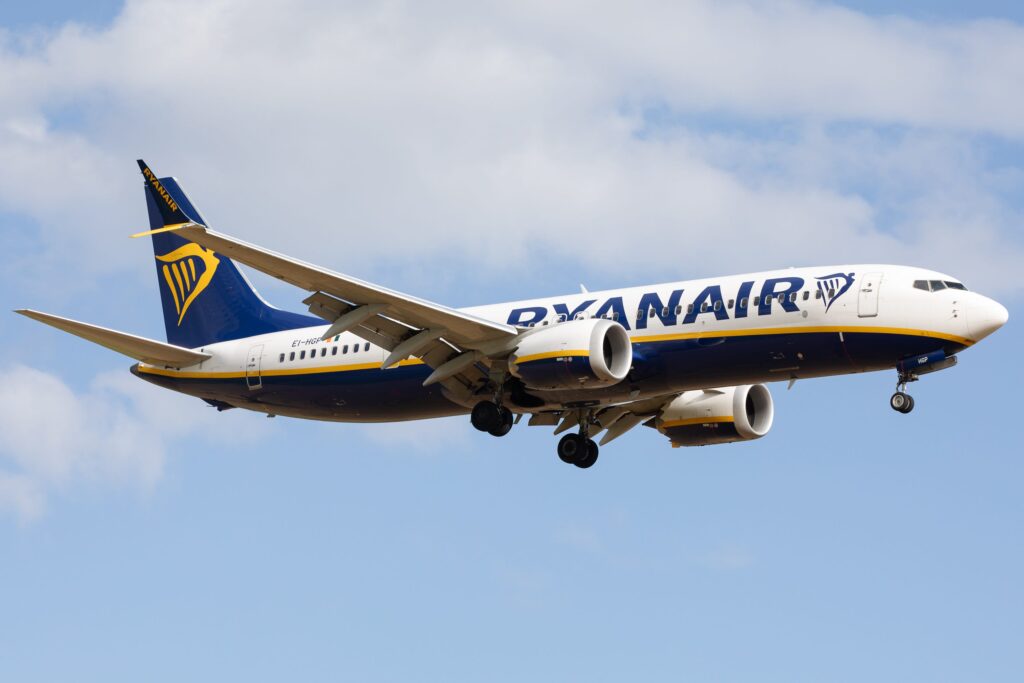- About 46,000 flights reported navigation problems flying over the Baltics during an eight-month period, The Sun reported.
- The tabloid reported that many were likely to have been Russian jamming and spoofing attacks.
- Estonia, Latvia, Lithuania, Poland, Türkiye, and Cyprus are all at high risk of the attacks, per the report.
Thousands of planes may have run into issues with jammed GPS signals, according to a report by British tabloid The Sun which suggests that Russia may be to blame.
Planes reported about 46,000 instances of problems with their satellite navigation over the Baltics between August 2023 and the end of March 2024, The Sun reported, using flight-log data from GPSJAM.org. Many of these were likely to have been jamming and spoofing attacks, The Sun reported.
Jamming is an intentional radio frequency interference with global navigation satellite systems (GNSS) that prevents planes from accessing satellite signals and makes the GNSS system "ineffective or degraded," the European Union Aviation Safety Agency says.
Spoofing, on the other hand, occurs when false satellite signals are sent to "deceive" GNSS receivers and cause them to compute incorrect position, navigation, and timing data, the EASA says. The Sun reported that in some cases planes swerved around objects that weren't actually there.
Both The Sun and The Guardian reported that Russia is suspected of being involved in GPS jamming attacks.
According to The Sun, Estonia, Latvia, Lithuania, Poland, Türkiye, and Cyprus are all at high risk of the attacks.
Between August 2023 and the end of March 2024, more than 2,300 Ryanair flights and more than 1,350 flights by Hungarian budget carrier Wizz Air reported satnav problems in the Baltic region, per The Sun. The frequency of instances of navigation problems rocketed from fewer than 50 a week last year to more than 350 a week last month, The Sun reported.
In March, a Royal Air Force plane that UK Defense Secretary Grant Shapps was flying on from Poland to the UK "temporarily experienced GPS jamming" when it flew close to Kaliningrad, a Russian exclave in the Baltics, a spokesperson for British Prime Minister Rishi Sunak said.
There's been a "sharp rise" in attacks on GNSSs, Luc Tytgat, the acting executive director of the EASA, said in January. The EASA noted that the uptick in jamming and spoofing incidents had "increasingly threatened the integrity" of positioning, navigation, and timing services across Eastern Europe and the Middle East.
In a safety information bulletin in November, the EASA noted that the rise in jamming and spoofing had started in February 2022, the month that Russia invaded Ukraine.
"This issue particularly affects the geographical areas surrounding conflict zones" but is also encountered in parts of the Mediterranean, the Black Sea, the Baltic Sea, and the Arctic area, the EASA said. It noted that in the Baltic Sea area this affected flight information regions surrounding Kaliningrad.
But the CAA told The Independent that jamming and spoofing near conflict zones were often by-products of military activity, not deliberate actions.
"GPS jamming does not directly impact the navigation of an aircraft and while it's a known issue, this does not mean an aircraft has been jammed deliberately," Glenn Bradley, head of flight operations at the UK Civil Aviation Authority, told The Sun.
A Ryanair spokesperson told The Sun that if location systems, such as GPS, were not functioning, the crew would switch to alternate systems.
